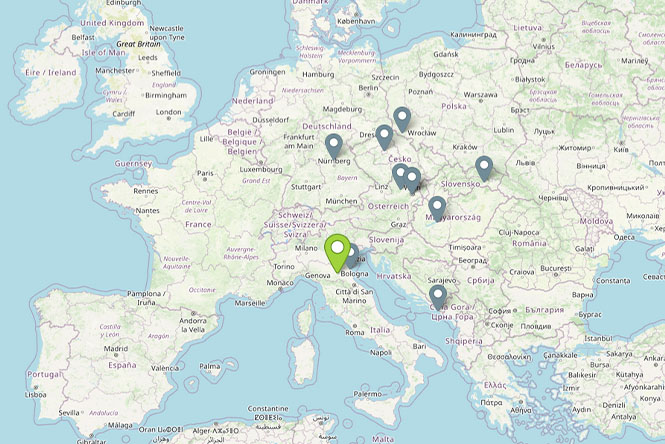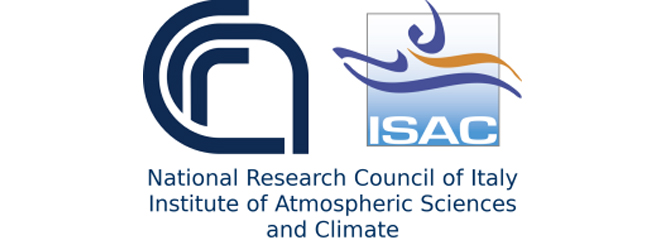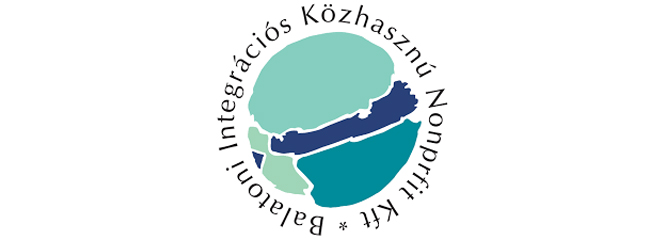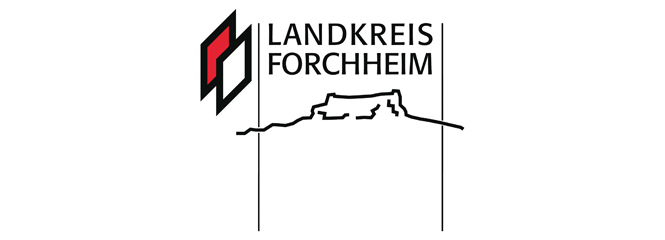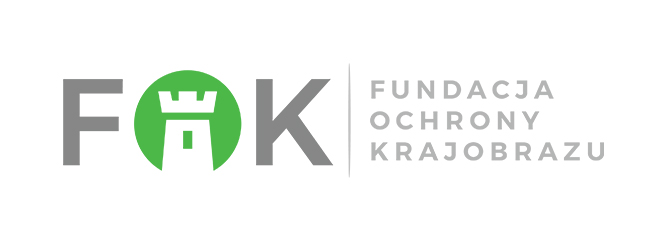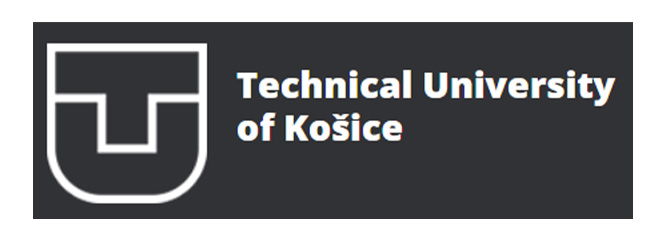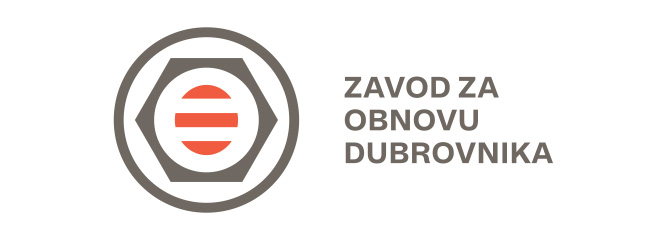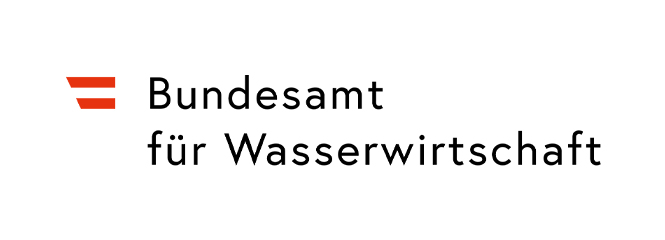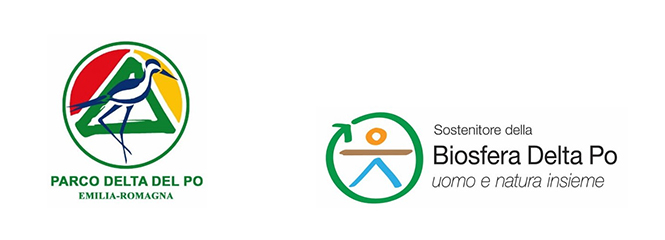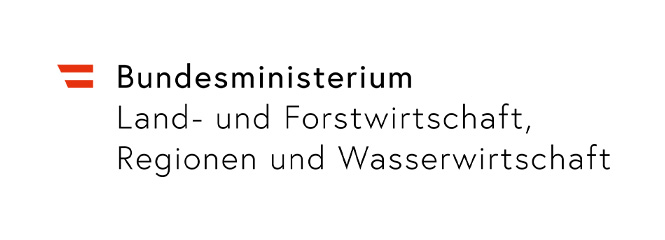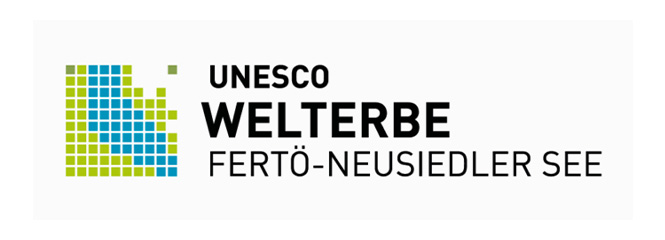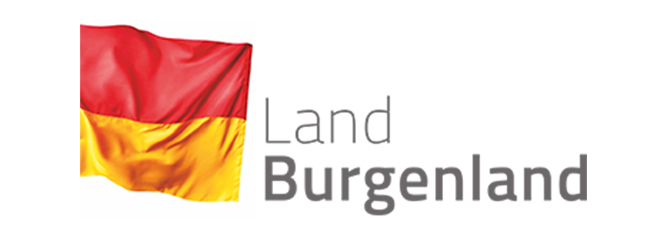The project partnership consists of 11 organisations from 8 Central European countries (Italy, Austria, Czech Republic, Hungary, Germany, Poland, Slovakia and Croatia) with extensive expertise in the assessment of vulnerability of cultural and natural heritage sites and in risk management strategies against the impacts of climate change.
PROJECT COORDINATOR
ISAC is the largest atmospheric sciences institute of CNR and one of the leading institutes of the Department of Earth System Sciences and Environmental Technologies. It is composed of seven units spread throughout the country (Bologna, Lecce, Rome, Turin, Padua, Lamezia and Cagliari) and its highly multidisciplinary research addresses many fundamental aspects of atmospheric physics, chemistry and biology relevant to environmental protection. ISAC has a strong multidisciplinary portfolio with links to high level national and international research groups.
Project Partners
Center for Cultural Property Protection – University for Continuing Education Krems (UWK), Austria
The University for Continuing Education Krems is a public university for academic continuing education with a research focus on current and future societal challenges. Located in the UNESCO World Heritage cultural landscape Wachau, it attaches great importance to the respectful and sustainable treatment of cultural heritage. With its Center for Cultural Property Protection, it has special expertise and extensive experience in the protection of cultural heritage from (climate-related) natural disasters and in cost-effective precautionary measures for movable and immovable cultural property. The Center takes a holistic approach, collaborating with high-level professors, institutions and educators in the field of risk management and cultural property protection, and drawing on a broad network of international stakeholders in the field of material cultural heritage. There is close cooperation with the Austrian Armed Forces as well as with national and international, governmental and non-governmental institutions in the field of cultural property protection, such as UNESCO, ICCROM and ICOMOS. In addition to its extensive range of courses, the Center also conducts prototype exercises for the protection of cultural property.
SISTEMA GmbH (SISTEMA), Austria
SISTEMA GmbH is a privately owned company founded in Vienna in 2009. SISTEMA offers a wide range of products and services based on remote sensing analysis techniques and IT applications. Thematic services include meteorological, environmental and special applications/services.
SISTEMA has many years of experience in thematic projects supporting atmospheric research, forestry, cultural heritage protection, climate change resilience and emergency support for NGOs.
Ústav teoretické a aplikované mechaniky Akademie věd České republiky | Institute of Theoretical and Applied Mechanics of the Czech Academy of Sciences (ITAM CAS), Czech Republic
ITAM conducts scientific research in the field of solid mechanics, in particular micromechanics, biomechanics of solids, statistical dynamics of systems and media, nonlinear system mechanics, failure processes of materials, mechanics of multifunctional materials, mechanics of particulate media, and computational and numerical mechanics. Further research focuses on the economic evaluation of structures and buildings, including the development of proposals for new methods for special buildings and structures, and the evaluation of environmental and territorial impacts, especially in the preservation and evaluation of historical buildings and settlements.
In order to preserve the architectural and built heritage, broader interdisciplinary research on historic materials, structures and sites has been developed in recent years. This includes the development of methods for diagnosing, monitoring and analysing damage, particularly to timber and masonry structures, as well as methods for surveying, examining, documenting, consolidating and conserving them.
Balatoni Integrációs Közhasznú Nonprofit Kft | Lake Balaton Development Coordination Agency (LBDCA), Hungary
LBDCA is a non-profit organisation established by the Balaton Development Council in 2000. The Agency carries out professional and operational tasks to promote the development of the Balaton Recreation Area in connection with the activities of the Council. One of the main activities of the Agency is to participate in the preparation and implementation of regional development programmes. LBDCA participates in several international projects in order to promote the development of the region and to make cooperation more effective. The Agency aims to protect the natural values of Lake Balaton and to strengthen the competitiveness of the region on an international level by learning and adopting best practices from abroad.
Landkreis Forchheim | District Council Forchheim (LRA FO), Germany
The District Council Forchheim is a local authority of the administrative district Forchheim. It provides public services and infrastructure, e.g. public transport and roads, social services, landscape and climate protection, agricultural services, especially fruit growing. The typical cultural landscape with fruit growing (especially cherries) and half-timbered houses in the valleys must be protected from the challenges of climate change.
Fundacja Ochrony Krajobrazu | Foundation for Landscape Protection (FOK), Poland
FOK is a non-profit, non-governmental organisation actively engaged in the protection and promotion of natural and cultural landscapes in Poland and Europe by building cross-border partnerships to promote the exchange of best practices and experiences in landscape conservation. Based on its expertise in the field of cultural heritage, FOK assesses the value of this heritage according to various criteria, including sustainability, cultural values, environmental impact, economic viability and social impact. It takes a holistic approach, combining expertise from the fields of spatial planning, landscape conservation and landscape management.
Technická univerzita v Košiciach | Technical University of Košice (TUKE), Slovakia
TUKE is the leading public technical university in Slovakia with more than 60 years of history. It meets the educational and research needs of Slovakia and Central Europe and supports the sustainable development of the Košice region, communities and the economic ecosystem through close cooperation with local, regional and national authorities. TUKE pursues integrated approaches that take into account social, economic and environmental aspects. In addition, it has developed innovative methods for joint planning and implementation, promoting the participation of various stakeholders. TUKE provides expertise in the areas of economic analysis, business models, investments, participatory methods, spatial development and environmental and water management.
Zavod za obnovu Dubrovnika | Institute for the Restoration of Dubrovnik (IRD), Croatia
After the civil war in Croatia in the early 1990s, IRD adapted its procedures for the protection of cultural heritage in conflict situations and took over the rehabilitation of war damage in Dubrovnik. Over the last two decades, the Institute has gained extensive experience in project management for building rehabilitation, seismic retrofitting and monument restoration, supported by local, national and EU funds. The Institute acts as the main coordinator of the management plan for the UNESCO World Heritage Site in the historic centre of Dubrovnik and performs the tasks of a manager for the World Heritage Site in Dubrovnik. In view of the risks threatening the historic urban landscape of Dubrovnik, the management plan has identified potential threats and organised preventive measures to increase resilience.
Bundesamt für Wasserwirtschaft | Federal Agency for Water Management (BAW), Austria
The BAW is an institution of the Federal Ministry of Agriculture, Forestry, Regions and Water Management, which consists of several specialised institutes. The unit involved in this project carries out research and consulting activities to identify sustainable measures for the protection of surface, soil and groundwater resources. Its research covers various disciplines such as hydrology, land use, land cover change, mapping, natural hazard analysis and (socio-)ecology. The aim is to evaluate best management practices in agriculture and land use and to address issues such as natural hazards, soil erosion, drought resilience and groundwater protection.
Ente di Gestione per i Parchi e la Bioversità Delta del Po | Po Delta Park – Emilia Romagna (PDPO), Italy
The main mission of the Po Delta Natural Park is to conserve biodiversity and to take measures to preserve the second largest wetland area in Europe for future generations.
The Park is also dedicated to scientific research and environmental education. To achieve these goals, the Park participates in various European projects for the conservation of animal and plant species such as Anguilla anguilla (European eel), Ruppia cirrhosa (screwwort) and Perdix perdix (grey partridge).
The Park carries out internal conservation projects for mammals, birds and other species and is also involved in voluntary work, conferences, the preservation of traditional practices in the region (aquaculture, slow food, etc.) and the preservation of the hydrological balance of the valleys.
ASSOCIATED PARTNERS OF UNIVERSITY FOR CONTINUING EDUCATION KREMS
The Torrent and Avalanche Control is an agency of the Federal Ministry of Agriculture, Forestry, Regions and Water Management.
As a state organisation, it stands for sustainable protection against natural hazards in the areas of torrents, avalanches and erosion. By combining the analysis, assessment and management of natural hazards, it promotes a better understanding of the processes in the natural environment and their management. It also works closely with partner institutions from industry and science to develop preventive solutions to protect the population.
Verein Welterbe Neusiedlersee - Association World Heritage Neusiedler See, Austria
The Association World Heritage Neusiedler See has extensive expertise in the management of the UNESCO World Heritage Lake Fertö-Neusiedl, which is threatened by climate change. Within the framework of the project, the association also acts as a link to important interest groups and promotes the involvement of future risk managers at local and regional level.
The Water Management Division is responsible for the implementation of the EU Water Framework Directive and the EU Flood Directive. In addition, it is responsible for water management planning in the areas of river engineering, flood protection, groundwater protection and water management and assesses corresponding projects and plans. It advises municipalities and associations of municipalities on the management of public water resources and carries out measurements and hydrological data collection for the quantitative analysis of the water cycle.
